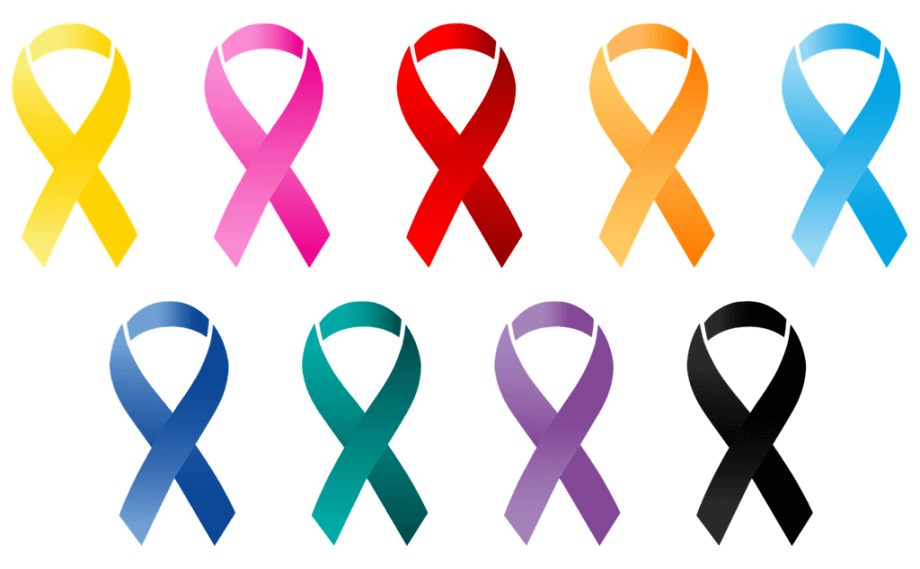The American Cancer Society reports that nearly 40% of us will be diagnosed with cancer at some point during our lifetime. While living a healthy lifestyle may improve your odds of avoiding cancer, other factors — such as genetics — may make a cancer diagnosis more likely.
As anyone who’s undergone radiation or chemotherapy knows too well, cancer treatment can have effects on your entire body. According to the National Institutes of Health, almost 40% of all patients receiving chemotherapy have resulting oral complications.
Complications can be caused by the treatment itself or can be side effects resulting from the treatment. And while the most acute effects typically dissipate or disappear when the treatment is completed, indirect complications can be longer lasting. The National Institute of Health recommends proactive treatment to address oral problems prior to commencing cancer treatment, if possible.
3 Common Oral Complications of Cancer Treatment
Oral Infections and Mouth Sores
When radiation and chemotherapy attack the cancer cells in your body, they don’t distinguish the good cells from the bad ones, which results in a weakened immune system. When your immune system is compromised, it’s less effective at killing off the harmful bacteria in your mouth. Oral infections and mouth sores can be the result.
Changes to Taste Buds and Loss of Appetite
Chemotherapy and radiation therapy may cause changes to your gums, tongue, lining of your mouth and salivary glands, which can upset the healthy balance of bacteria. Inflamed mucous membranes and taste bud changes often result and may cause decreased appetite and poor nutrition.
Dry Mouth, Tooth Decay and Gum Disease
Radiation treatment causes reduction of saliva or negatively impacts its quality, leading to dry mouth — which can cause discomfort, difficulty speaking and bad breath, as well as lifelong increased risk of cavities. Gum disease and tooth decay can occur due to chemical changes in the mouth resulting from chemotherapy.
5 Ways to Minimize Oral Complications of Cancer Treatment
Routine preventative dental exams (including cleanings) are generally not recommended during most cancer treatment because of the mouth sores commonly seen in patients. However, good oral care can help you stay healthy during treatment. Here are some helpful tips:
- Gently brush your teeth at least twice daily with an extra soft brush and fluoride toothpaste. Rinse the toothbrush in warm water first to soften the bristles.
- Use a different approach after vomiting: Nausea is a common side effect of some cancer treatments. Do not brush your teeth immediately after vomiting. Stomach acid weakens the enamel on your teeth, so brushing them right away can cause the enamel to erode. Instead, after vomiting, rinse your mouth thoroughly with water and then use an over-the-counter mouthwash with fluoride or a fluoride rinse (like ACT). Also helpful are toothpastes with prescription levels of fluoride and application of fluoride varnish at hygiene visits.
- Floss and rinse daily. If your gums bleed and hurt when flossing, avoid the areas that are sore but continue to gently floss your other teeth. Also rinse your mouth several times daily with a solution of ¼ teaspoon salt or one teaspoon of baking soda in 8 ounces of warm water to provide a neutral, soothing solution for the mucous membranes. Follow with a plain water rinse.
- Use alcohol-free mouthwash to remove food particles left after brushing and flossing. Mouthwashes with alcohol in them can upset the natural balance of saliva that is necessary to flush out bacteria. The alcohol can also be caustic and cause increased dry mouth symptoms.
- Eat healthy foods and drink lots of water. Cancer treatment can alter your sense of taste, making foods seem too sweet, salty or entirely void of flavor. As it’s especially important to ensure good nutrition at this time, try a wide variety of foods to ensure you’re maintaining adequate calorie intake. During chemotherapy, frequent small meals that are light and bland tend to be tolerated the best.
When being treated for cancer, be sure to talk regularly with your oncologist and dentist about any mouth problems you have. And consider programs offered through LIVESTRONG and other organizations to help with the emotional effects of cancer diagnosis and treatment.

